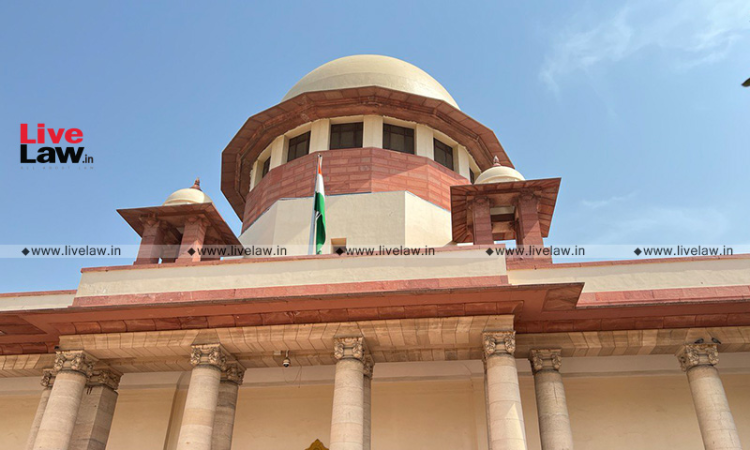Preventive Detention Can't Be Invoked For Ordinary Law & Order Situation : Supreme Court
Mehal Jain
26 Jun 2022 10:00 AM IST

Next Story
26 Jun 2022 10:00 AM IST
Stressing that the preventive detention law "strikes hard on the freedom and liberty of an individual, and cannot be exercised in a routine manner", the Supreme Court has observed that "the powers to be exercised under this law are exceptional powers which have been given to the government for its exercise in an exceptional situation".The Court has once again highlighted the distinction...
